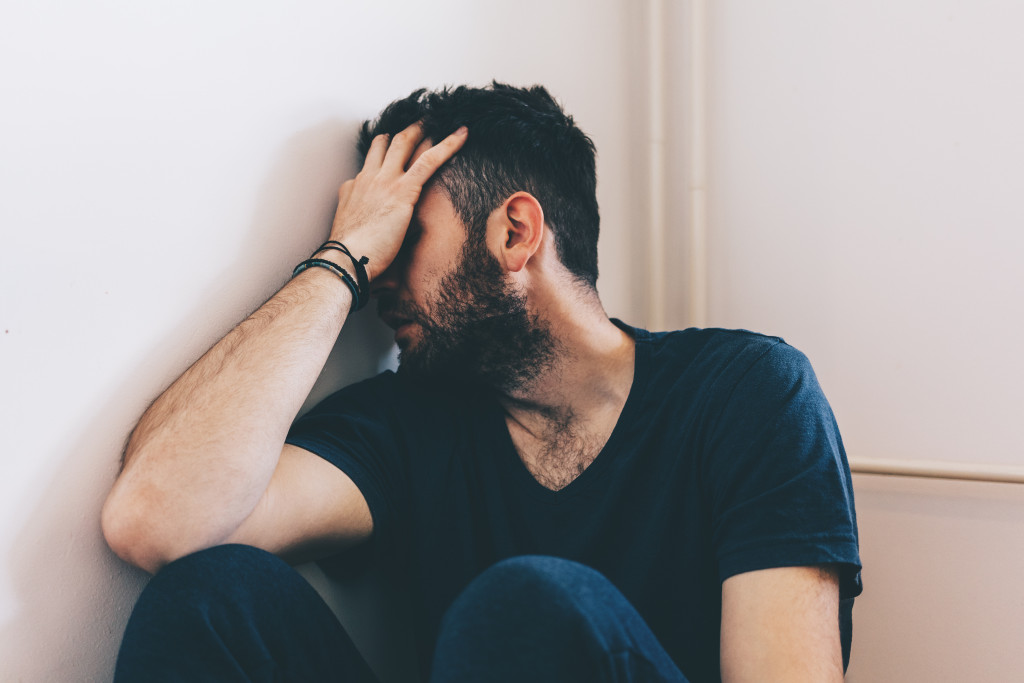Human beings are social creatures. People need companionship and interaction with others to thrive. This is why people will still find ways to connect even in the most isolated settings.
There are several theories as to why humans beings are social creatures, but one of the most popular is that it is an evolutionary trait. According to this theory, being social helped our ancestors survive and reproduce. In addition, those who could form close bonds with others had a better chance of finding food and shelter and passing on their genes.
Of course, there are many benefits to being social that go beyond survival. Social interaction helps people learn new skills, share knowledge, and develop relationships that can enrich their lives. It also supports many people to stay mentally and physically healthy. However, loneliness can happen anytime, and sometimes that’s not your fault. Here’s what you need to know about loneliness and how it can affect your life.
What is Loneliness?
Loneliness is defined as a feeling of isolation or being disconnected from others. It’s different from being alone, which means being by yourself. Everyone feels lonely at times, but it’s important to distinguish between temporary feelings of loneliness and chronic loneliness.
Chronic loneliness is a long-term feeling of isolation that can severely affect your health. It’s different from being alone because it is a constant feeling, even when surrounded by people.
Loneliness can be caused by many factors, including social isolation, limited social skills, and a lack of close relationships. It can also be caused by physical isolation, such as living in a rural area or being unable to leave your home. Loneliness can also be a symptom of mental health conditions, such as depression, anxiety, and bipolar disorder.

The Main Problems Associated With Loneliness
Loneliness can have many negative consequences on your health. These effects can be physical, mental, and emotional.
Physical Effects
One of the most surprising things about loneliness is that it can physically affect your body. Chronic loneliness has been linked to several health problems, such as obesity and chronic lethargy.
Loneliness has also been linked to a weakened immune system. This means that lonely people are more likely to get sick and have a more challenging time recovering from illness.
Depression
Depression and anxiety are two mental health conditions often caused by loneliness. Depression is a severe condition that can interfere with your ability to work, sleep, and eat. Anxiety is a condition that causes feelings of worry, nervousness, and fear.
Loneliness and depression go hand in hand. The feelings of isolation and disconnection that come with loneliness can lead to depression. Depression can also make you withdrawn and less likely to interact with others, which can worsen feelings of loneliness.
Anxiety
Anxiety is another mental health condition that is often caused by loneliness. Anxiety is a condition that causes feelings of worry, nervousness, and fear. These feelings can be so severe that they interfere with your ability to function in everyday life.
Like depression, anxiety can also make you withdrawn and less likely to interact with others. This can worsen feelings of loneliness and make it harder to form new relationships.
Aggression
Loneliness has also been linked to aggression. This is because lonely people often feel like they are being threatened or ignored by others. In response, they may become aggressive in order to protect themselves.
How to Handle Loneliness
If you’re feeling lonely, there are a number of things you can do to improve your situation.
-
Reach out to others
One of the best things you can do is reach out to friends, family, and other people you trust. Talking to someone who understands can help relieve some of the feelings of loneliness.
-
Join a club or group
Another great way to combat loneliness is to join a club or group. This will give you the opportunity to meet new people and form new relationships.
-
Get into a relationship:
A relationship is a great way to alleviate loneliness. If you don’t think you have the confidence for it, feel free to hire an online matchmaker. They can find someone who’s meant for you without you needing to go out there and talk to someone.
-
Get a pet:
Pets can be great companions. They can provide love and support when you’re feeling lonely.
-
Volunteer:
Volunteering is a great way to connect with others and make a difference in your community.
-
Seek help:
If you’re struggling to cope with feelings of loneliness, it’s essential to seek help from a mental health professional.
Loneliness is a serious problem that can harm your health. If you’re feeling lonely, there are things you can do to improve your situation. Reach out to friends and family, join a club or group, get a pet, volunteer, or seek help from a mental health professional. These things will help you combat loneliness and improve.



